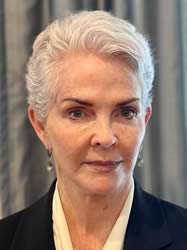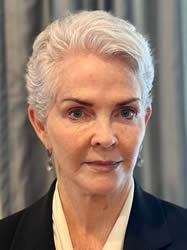INTRODUCTION
What does it take to improve science performance in an inner-city high school? Could a science "immersion" strategy change motivation and interest in science? How can we meet a key strategic goal of our urban district: "All students graduate and are prepared for postsecondary education, successful careers and productive citizenship."
No doubt some in the Cincinnati community were surprised to learn that Aiken University High School had taken on an Environmental Studies focus in addition to its mission to prepare first generation college-goers for post-secondary success. The largely African-American school with a high-poverty population didn't seem the likeliest candidate for stirring up a passion for studying the great outdoors and saving the planet, one recycling bin at a time. After all, there are only a handful of environmentallyfocused high schools around the country, and even fewer in cities-one in Seattle, two in New York, and one in Chicago.
So how did the first year go? Did students get interested in studying the environment? Were they able to use that interest to improve their performance in science or other subjects? Did teachers embrace the program and use it to jumpstart a more student-centered form of instruction? Data from the first year of academic data showed a "yes" to these critical questions, however, district plans driven by facilities and budgeting resulted in decisions that reflected the resource challenges of urban districts. Ultimately, the data generated failed to gain traction for directional change in district science instruction.
WHY ENVIRONMENTAL STUDIES?
. . .Continue to read rest of article (PDF).
Virginia Rhodes, EdD has an extensive background in Urban Public Schooling. She has over 35 years of experience in School Policy, Strategic Planning, Organizational Development, Administrative, Supervisory, Evaluation and Instruction in K-12 settings.
©Copyright - All Rights Reserved
DO NOT REPRODUCE WITHOUT WRITTEN PERMISSION BY AUTHOR.










